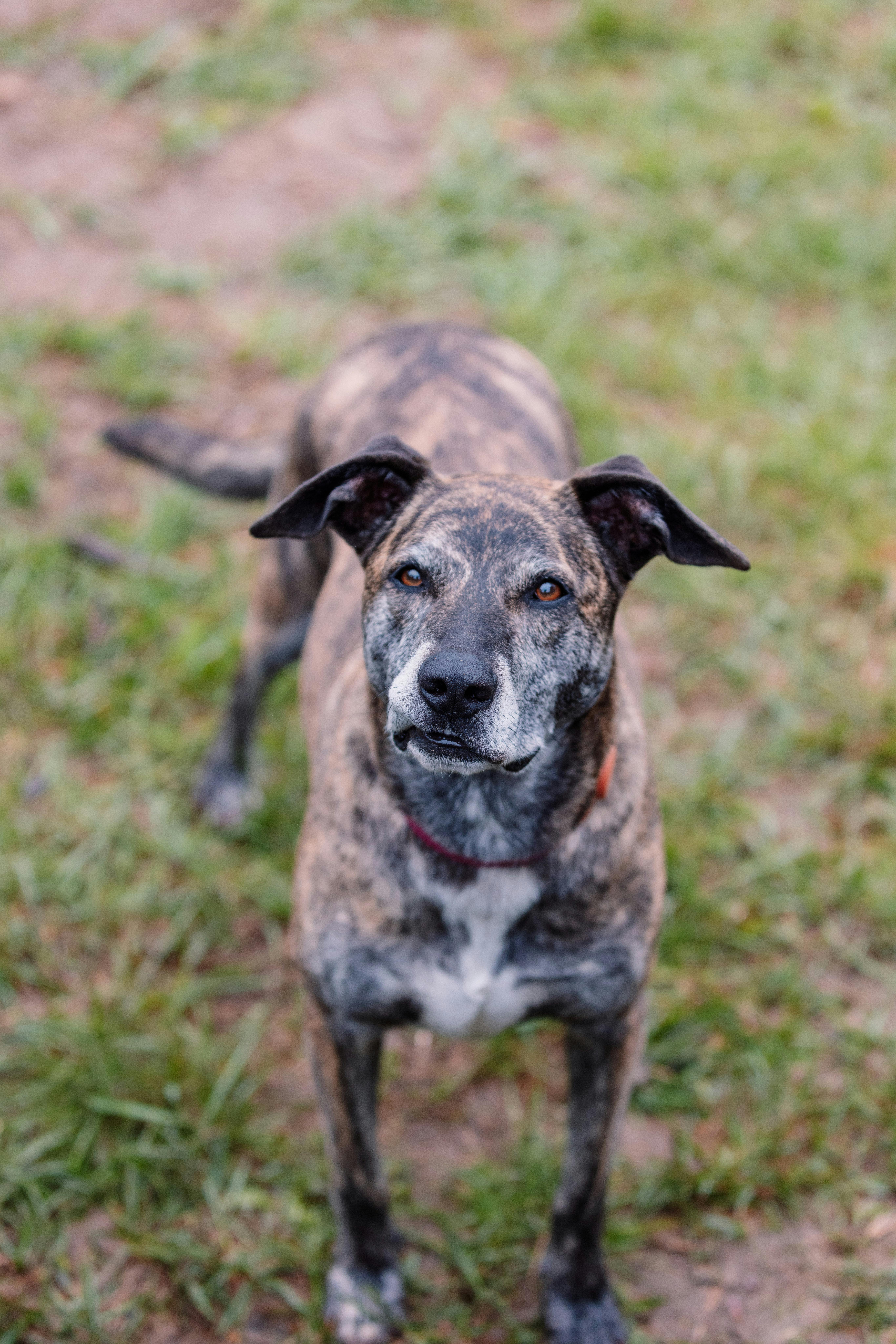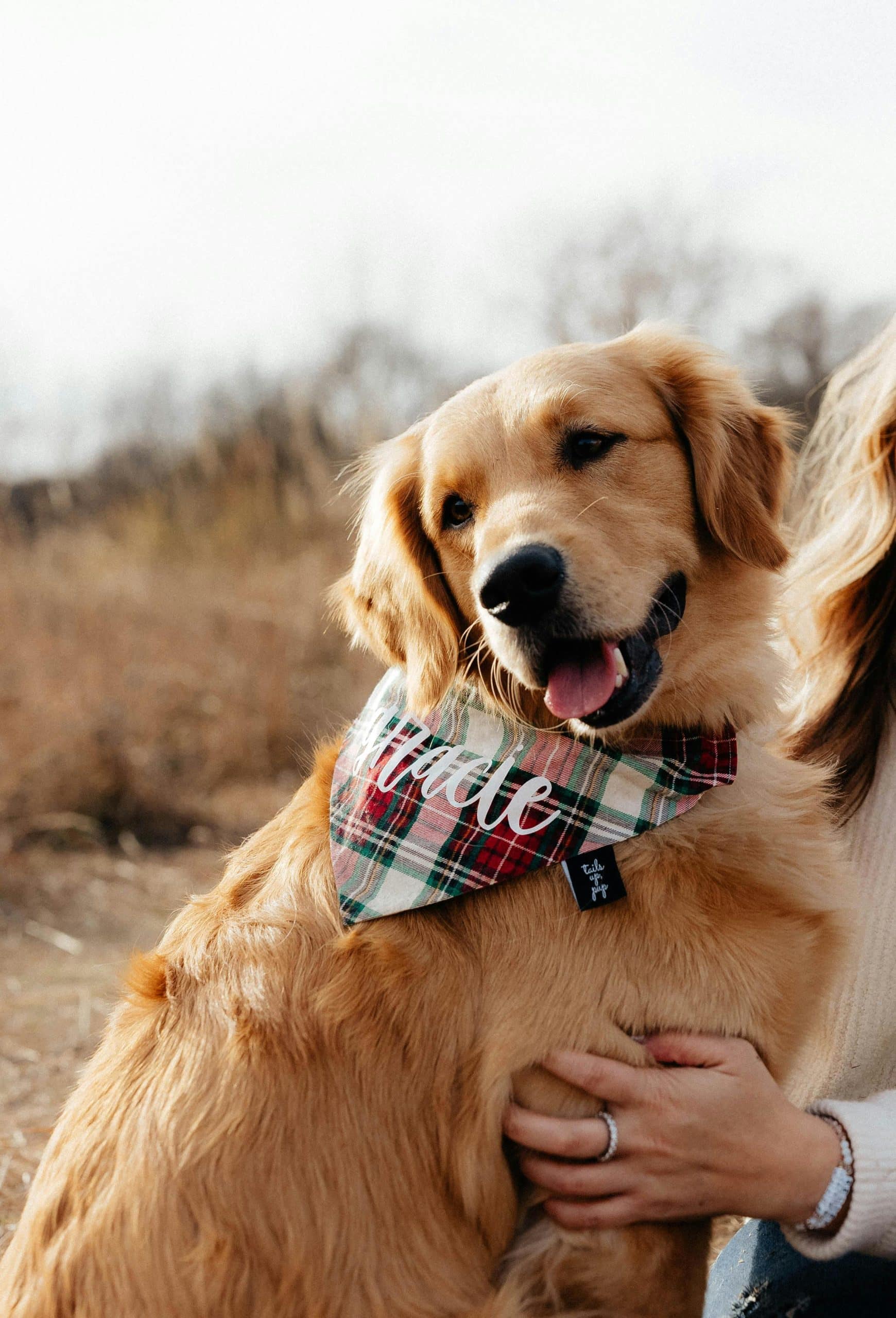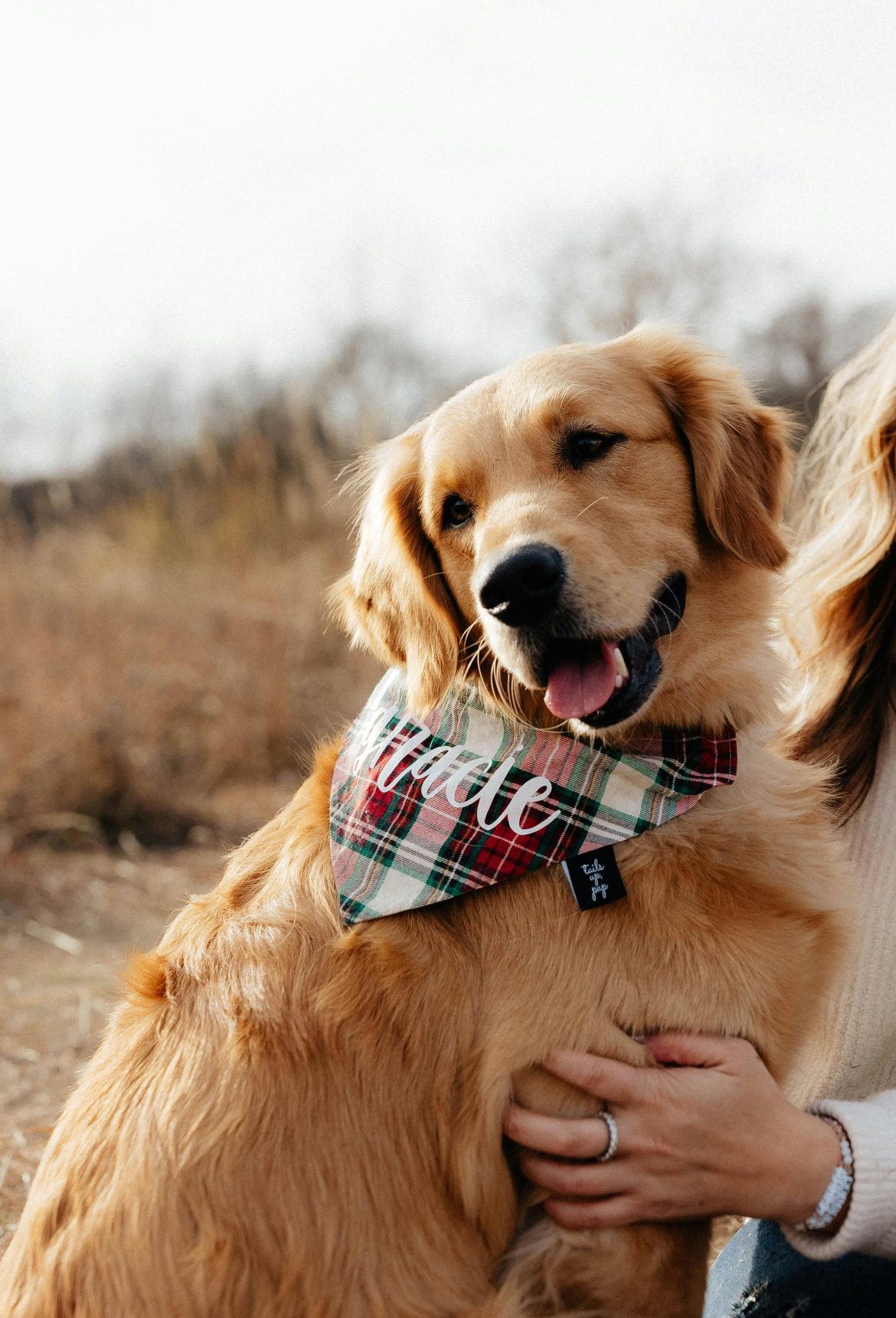Have you ever wondered how to prevent dog biting incidents? This article will explore some effective strategies that can help you avoid such situations. Whether you are a dog owner or simply someone who encounters dogs regularly, understanding these prevention techniques can ensure a safe and positive interaction with our furry friends. From proper socialization to recognizing warning signs, this article will provide you with practical tips and insights to keep you and others protected from potential dog biting incidents. So, let's dive in and explore these valuable strategies together.

This image is property of images.pexels.com.
Dog Selection
When it comes to selecting a dog, there are several factors to consider. One important consideration is the breed traits. Different breeds have different characteristics, temperaments, and exercise needs. Some breeds are more suitable for families with children, while others may be better for individuals or couples. It's important to research the breed's energy level, size, grooming requirements, and any potential health issues that may be prevalent.
In addition to breed traits, temperament testing is crucial when selecting a dog. This involves assessing a dog's personality and behaviors to determine if they are a good fit for your lifestyle. Temperament tests can help identify if a dog is prone to aggression, fearfulness, or any other behavioral issues that may pose a risk. By considering breed traits and conducting temperament testing, you can find a dog that matches your lifestyle and temperament preferences.
Another aspect to consider when selecting a dog is their overall health. It's important to evaluate a dog's health through a thorough health evaluation. This involves checking for any signs of illness or genetic conditions. A healthy dog will have a greater chance of living a long and happy life while minimizing the risk of any health-related behavior issues.
Proper Training and Socialization
To ensure your dog is well-behaved and sociable, proper training and socialization are essential. Basic obedience training is the foundation of a well-trained dog. Training commands such as sit, stay, and come can help establish clear communication between you and your dog. Training should be conducted using positive reinforcement techniques, such as rewards and praise, to encourage desired behaviors and discourage unwanted ones.
Socialization is equally important as it helps dogs adapt and feel comfortable in various environments and around different people and animals. Exposing your dog to different environments, such as parks, streets, and other public places, will help them become familiar with different sights, sounds, and smells. Introducing your dog to various people, including children, adults, and individuals in different attire, will help them become comfortable in different social situations.
Supervision and Responsibility
When it comes to keeping your dog and others safe, supervision and responsibility play a vital role. It's important never to leave dogs unattended with children, as even the most well-behaved dog can become overwhelmed or feel threatened. Accidents can happen in a split second, so it's crucial to always be present and vigilant when dogs and children are interacting.
In addition to supervising interactions with children, it's also important to monitor interactions with other pets. Not all dogs get along with other animals, so it's essential to observe their behavior and intervene if necessary. This is especially true when introducing a new dog to a household with existing pets. Slow and supervised introductions can help prevent conflicts and ensure a smooth transition.
Another aspect of responsible ownership is ensuring your dog is secure at all times. This includes having secure fencing around your property to prevent your dog from escaping and risking being hit by a car or getting lost. Additionally, using leashes during walks and outings is crucial to ensure your dog remains under control and doesn't approach potentially dangerous situations.
Recognizing Warning Signs
Being able to recognize warning signs in dogs is key to preventing dog bites and addressing potential aggressive behaviors. Understanding canine body language is crucial, as dogs communicate through their body postures, facial expressions, and vocalizations. Learning what different tail positions, ear positions, and overall body language mean can help you interpret your dog's emotions and intentions.
It's also important to identify stress and fear cues in dogs. Dogs may display signs of stress or fear, such as panting, pacing, drooling, or cowering, when they are uncomfortable or anxious. Recognizing these signs can help you remove your dog from stressful situations and alleviate their anxiety.
Lastly, being able to recognize aggressive behaviors is crucial for preventing bites or attacks. Aggressive behaviors can include growling, snarling, lunging, or biting. If you notice any of these behaviors in your dog, it's essential to seek professional help from a certified dog trainer or behaviorist to address the underlying issues and prevent any potential harm.

This image is property of images.pexels.com.
Responsible Pet Ownership
Being a responsible pet owner involves providing your dog with their basic needs and ensuring their overall well-being. Dogs require sufficient exercise to stay physically and mentally stimulated. Regular walks, playtime, and engaging activities should be incorporated into their daily routine to prevent boredom and help release any pent-up energy.
Regular veterinary care is also vital to keeping your dog healthy and addressing any potential underlying health issues. Routine check-ups, vaccinations, and preventive treatments for parasites are essential for their overall well-being. Additionally, proper identification and licensing of your dog, such as through microchipping and dog tags, can help ensure their safe return if they were to ever get lost.
Educating Children and Adults
Educating both children and adults on how to safely interact with dogs is crucial to prevent incidents. Teaching children how to approach dogs, ask for permission from the owner, and understand a dog's boundaries can help reduce the risk of bites. Children should be instructed to avoid approaching dogs that are sleeping, eating, or exhibiting signs of fear or aggression.
It's also important to educate adults on dog behavior. Understanding dog body language, recognizing signs of stress or fear, and knowing how to respond appropriately can help prevent potentially dangerous situations. Promoting responsible pet ownership through educational campaigns and community initiatives can help create a safer environment for both dogs and humans.

This image is property of images.pexels.com.
Preventing Resource Guarding
Resource guarding refers to a dog's protective behavior over their food, toys, or other items they consider valuable. It's crucial to address this behavior to prevent any potential aggression. Training dogs to share their food and toys through positive reinforcement techniques can help reduce the likelihood of resource guarding.
Desensitization to touch is also important, as some dogs may become possessive over certain body parts. Gradually exposing your dog to being touched in sensitive areas, such as their paws or ears, and rewarding them for calm and relaxed behavior can help prevent any possessive tendencies.
Lastly, it's important to avoid provoking possessive behavior in dogs. Trying to take away their resources forcefully or engaging in rough play can trigger their guarding instincts. By respecting their boundaries and using gentle and positive approaches, you can help prevent resource guarding behaviors.
Managing High-Risk Situations
In some situations, certain dogs may be more prone to aggression or reactivity, making it necessary to take extra precautions. Avoiding triggering situations, such as crowded or chaotic environments, can help reduce the likelihood of your dog becoming overwhelmed or stressed. By steering clear of situations that may push your dog's limits, you can minimize the risk of incidents.
If your dog has a history of aggression or reactivity, using muzzles, soft collars, or harnesses can provide an additional layer of safety. These tools can help prevent your dog from biting or engaging in aggressive behaviors while allowing them to still participate in activities and outings.
Implementing behavior modification techniques can also help manage high-risk situations. This may involve working with a professional dog trainer or behaviorist to develop a behavior modification plan that addresses your dog's specific issues. Techniques such as counterconditioning and desensitization can help reduce your dog's reactivity and improve their behavior in challenging situations.
Addressing Fear and Anxiety
Fear and anxiety can contribute to aggressive behaviors in dogs, so it's essential to address and manage these emotions. Identifying and addressing underlying causes of fear and anxiety, such as past traumatic experiences or lack of socialization, is crucial. Working with a professional dog trainer or behaviorist who specializes in fear and anxiety can provide valuable guidance and support.
Behavior modification techniques, such as counterconditioning and desensitization, can be effective in helping dogs overcome their fears. By gradually exposing your dog to the source of their fear or anxiety in a controlled and positive manner, you can help them build positive associations and reduce their fear response.
Reporting and Responding to Incidents
In the unfortunate event of a dog bite or aggressive incident, it's important to take immediate action. Reporting the incident to the relevant authorities, such as animal control or the local police, is crucial to ensure appropriate actions are taken to prevent future incidents. Providing detailed information about the incident, including any relevant details about the dog and the circumstances surrounding the incident, can help in the investigation.
Seeking medical attention should be a priority if you or someone else has been bitten or injured by a dog. Even minor bites can lead to infections or other complications, so it's important to have the wound properly assessed and treated by a healthcare professional.
Cooperating with investigations is essential to ensure the incident is thoroughly examined and appropriate measures are taken. This includes providing any necessary information and being willing to testify or provide statements if required. By working with the authorities, you can contribute to preventing future incidents and promoting public safety.
In conclusion, preventing dog biting incidents requires a combination of careful dog selection, proper training and socialization, responsible ownership, and education. By considering breed traits, conducting temperament testing, and evaluating a dog's health, you can choose a dog that fits your lifestyle and minimizes potential risks. Proper training, positive reinforcement, and exposure to various environments and people can help ensure your dog is well-behaved and sociable. Supervision, responsibility, and recognizing warning signs are crucial for preventing incidents and addressing potential aggressive behaviors. Responsible pet ownership involves providing sufficient exercise, regular veterinary care, and proper identification. Educating both children and adults on dog behavior and promoting responsible pet ownership can create a safer environment for everyone. Preventing resource guarding, managing high-risk situations, addressing fear and anxiety, and timely reporting and responding to incidents are also essential aspects of preventing dog biting incidents. By taking these comprehensive prevention strategies into account, we can enhance the well-being of dogs and create a safer community for both humans and animals alike.


